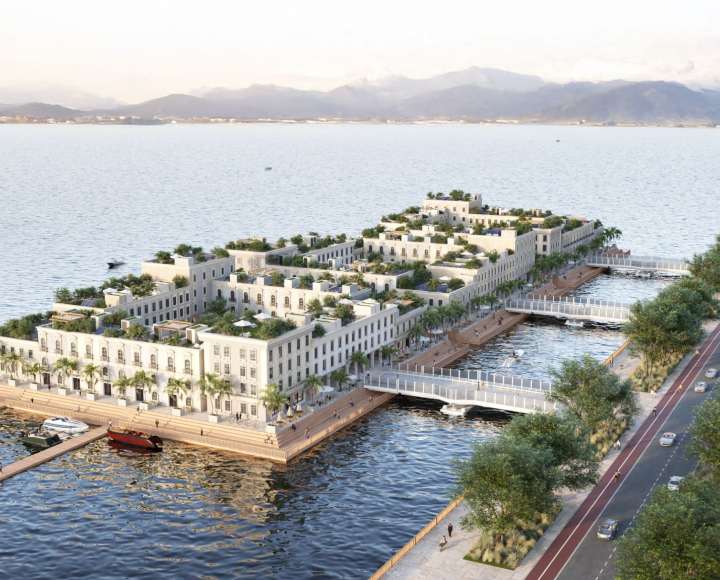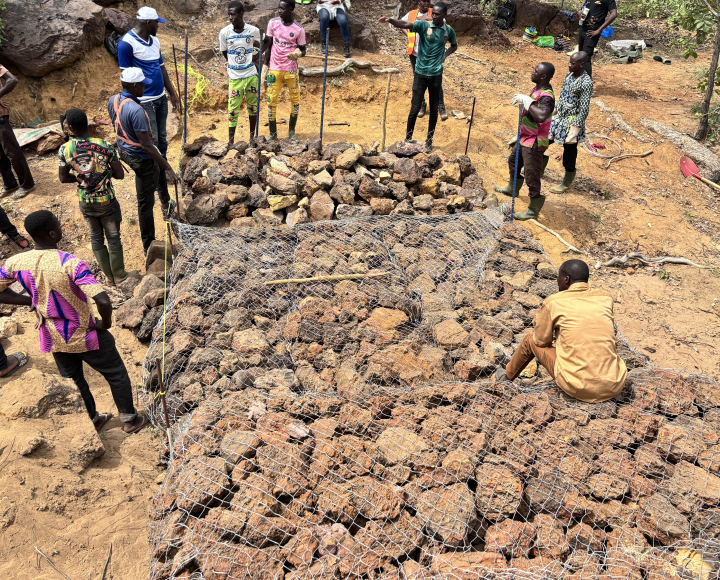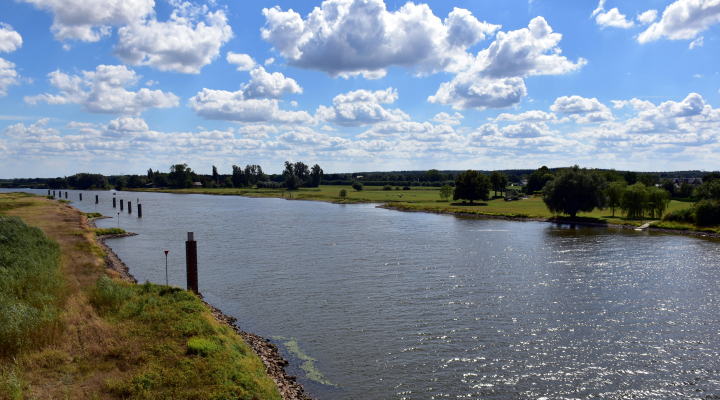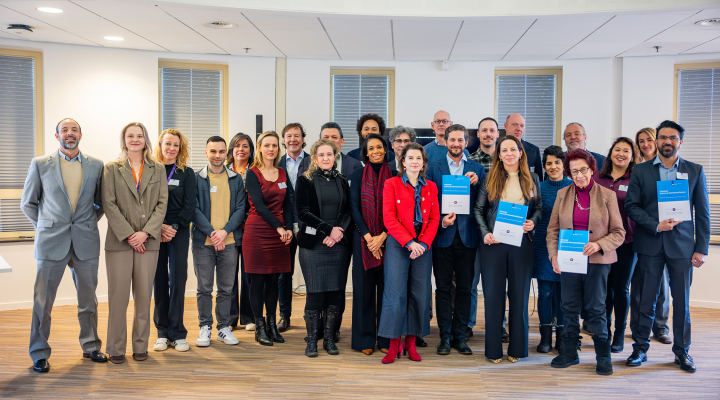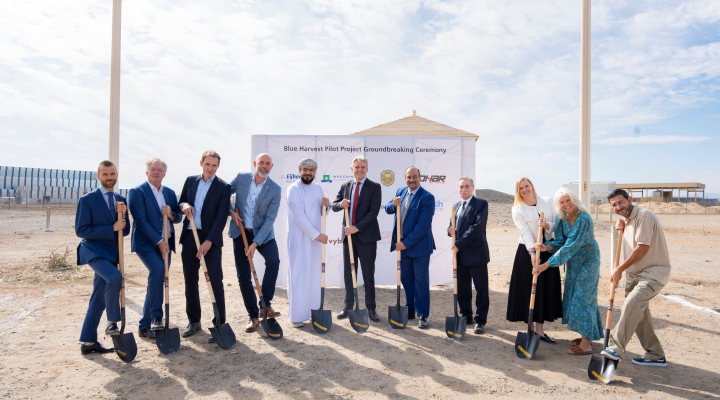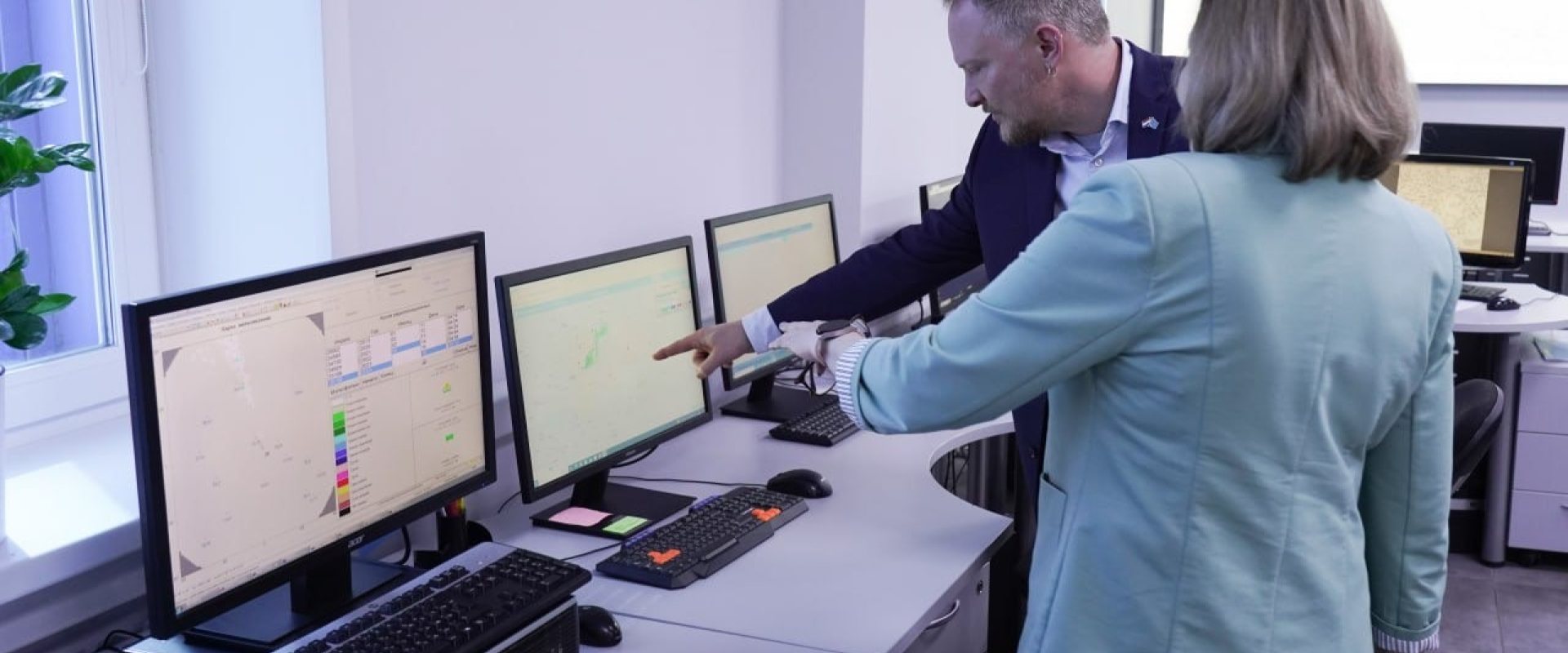
Netherlands to assist Kazakhstan in developing Flood Management Plan
Water management experts from the Netherlands are assisting Kazakh authorities design an action plan to help prevent future floods in the country.
Following the large floods suffered by Kazakhstan this April, a Dutch Disaster Risk Reduction and Surge Support (DRRS) team has been deployed to support the Kazakh Government in their emergency response. Fredrik Huthoff, Associate Professor of Hydraulic Engineering at IHE Delft Institute for Water Education and DRRS team leader, reports on their first findings.
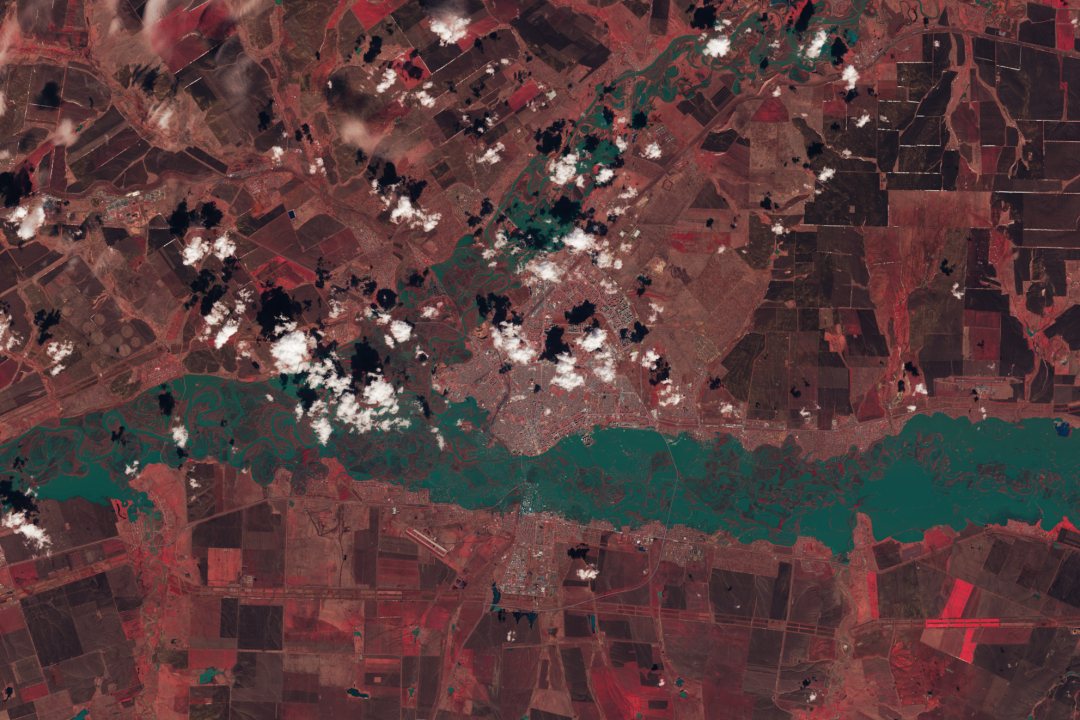

Too much water
In early April, several regions of Kazakhstan were flooded after heavy rain and fast-melting snow swelled the Ural River, Europe’s third-longest. According to the Central Asian nation’s emergencies ministry, more than 110,000 people were evacuated.
Recognising the Dutch experience in water management and flood prevention, the Kazakh Government has requested the Netherlands to support them with guidance during the immediate emergency phase. A DRRS team arrived in Kazakhstan last week at the request of the Kazakh Embassy in the Netherlands. The DRRS team will make an analysis of how the Dutch Government and water sector can assist during the response phase. In addition, the DRRS team is expected to evaluate the response and make recommendations on possible follow up activities that can be prioritised by the Kazakh authorities.
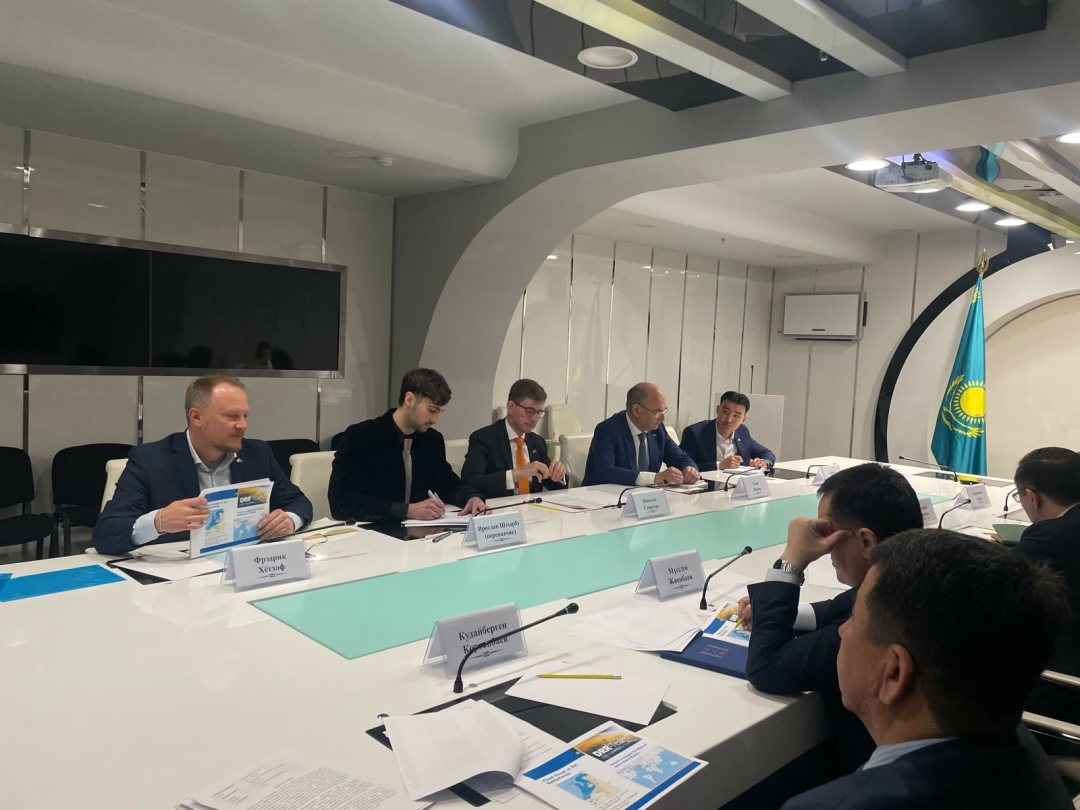

First findings
DRRS team leader Fredrik Huthoff is Associate Professor of Hydraulic Engineering at IHE Delft Institute for Water Education, Consultant Rivers, Coast and Deltas at HKV, and Assistant Professor Fluvial Systems at University of Twente. In conversation with Tengrinews, he has mentioned that the Dutch team can support authorities by thinking along with the complex decision-making under such overwhelming flood conditions. “In these two days that we have been working together, we have seen that the Kazakh authorities are trying to do everything possible to cope with the situation. But one big question is constantly whether something is being missed and where priority attention should go,” said Huthoff.
In addition, he pointed out that many flood protection structures in Kazakhstan were built a long time ago. “The world, climate, and population have changed, but some structures, and spatial plans have not. We must learn, adapt and move with the changes in the world around us to be prepared for the next disaster scenarios,” he stressed.
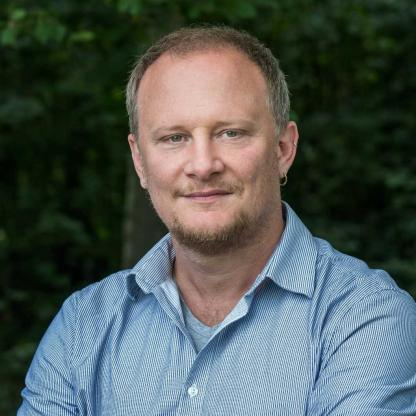

Huthoff also talked about certain water-related technologies that have been applied in the Netherlands to combat floods and could also be introduced in Kazakhstan. He explained that some preventing measures have to do with planning, forecasting, and knowing when and where resources can be allocated in the short and longer term. Furthermore, “you can think about other solutions such as redevelopment, moving vulnerable properties out of areas that could be flooded, and the construction of structures. But these are very expensive actions that require detailed studies that cannot be carried out during an emergency,” he emphasized.
Global experience suggests that places that stay dry longer experience more intense flooding and Huthoff warned that Kazakhstan may very likely face this again.
About the DRRS Programme
The Disaster Risk Reduction and Surge Support programme is an initiative of the Government of the Netherlands that aims to prevent and reduce the impact of water and climate-related disasters worldwide and increase the resilience of affected areas and populations.
The programme operates in all disaster management cycle phases: mitigation, preparedness, response and recovery. Every intervention is tailor-made, based on the need of the requesting country and the expertise needed.
The DRRS programme is coordinated by the Netherlands Enterprise Agency (RVO). Foreign governments and humanitarian actors can request support by emailing drrs@rvo.nl.




